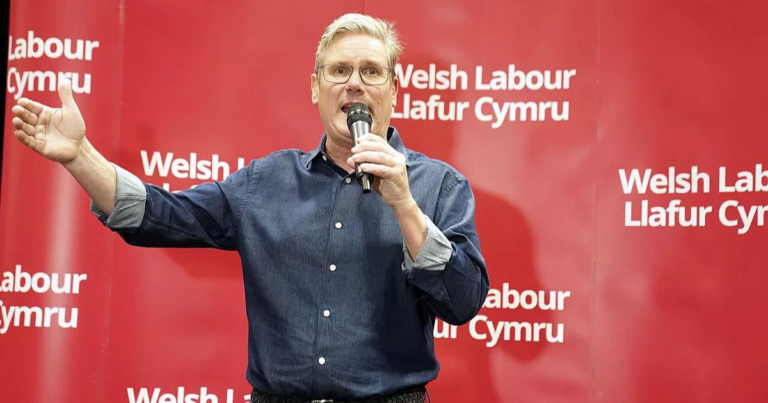The party got a £600,000 donation illegally. Starmer got more gifts from companies in the last two years than all the other Labour leaders since 1997 combined. The person in charge of business matters, his wife who also works as his assistant, and another important worker for Starmer got fancy tickets for Glastonbury from Google. Then they said they wouldn’t raise the digital service tax the next day. Important members of the shadow cabinet, like Starmer, have people working for them who try to influence decisions on behalf of big companies.
Mishandling at the Central Party
Many of these stories can be understood through what is called “C-words” that often define politics: mistakes, secret plans, influence, pressure, secret agreements, dishonesty, control, working together, and serving certain groups. Each of these aspects tells us something important. It was revealed Barnes and Richmond Labour Club mistakenly gave the main party an illegal donation of nearly £600,000. This appears to be an example of a simple mistake, or a “cock-up.”
Lack of Compliance with Transparency Laws
The money came from a local group of Labour members who sold a building that used to be a meeting place for them. The person in charge of the group’s money gave the money to their local party, which then sent it to the main party to follow the rules. But it seems like the main party didn’t handle the money properly: as soon as I checked their list of donors, it was clear they broke the rules.
It’s not a big deal if one local group makes a mistake. But it’s concerning that the main party didn’t take transparency laws seriously enough, especially when one of their biggest donors accidentally broke them. Despite Starmer talking a lot about being capable, it seems like the party he leads didn’t spend enough time teaching its staff about the laws for political money.
Starmer’s Perspective on Corporate Invitations
When the second and third stories, about Starmer’s freebies and Jonathan Reynolds’ trip to Glastonbury with Google we revealed, there was a strong reaction online. Many people used the word ‘corruption.’ But I’m sure Starmer doesn’t see it that way; he probably doesn’t think he’s doing anything wrong. He might believe companies invite him because they like having a potential future prime minister around.
In Starmer’s mind, he might argue that it’s normal for politicians to meet with and learn about different British industries. And even if a politician was being corrupt, they’d probably want something more valuable than a fancy meal at a racecourse.
Social Assimilation: The Strategy of the Establishment
The social thinker Ralph Miliband, who was the father of Ed and David Miliband, wrote about how something similar happened to the earliest Labour Members of Parliament (MPs) a hundred years ago. When these working-class men, who wore cloth caps, entered the prestigious Palace of Westminster, some of the powerful people there were shocked. But the smarter ones knew how to handle the situation. They invited the new MPs to dine at their exclusive London clubs. They introduced them to their wives and served them expensive wines. In this way, they made the MPs part of the ruling class.
Co-option and Influence: Shaping Labour’s Direction
As a result, the first Labour governments in the 1920s largely followed the rules set by the established elite they were influenced by. This included making significant cuts to public spending after the Wall Street Crash, instead of reducing the value of the British currency. What we’re witnessing now is a similar process of assimilation within the post-Corbyn Labour Party.
However, this time, it’s not so much integration into the traditional ruling class – although there are hints of that in Starmer’s outings at horse races – but more into the glamour of big business: invitations to events like the Brit Awards, the best seats at fancy football stadiums, and VIP treatment at Glastonbury.
Some of the ideas these companies want to share with Labour members will be said out loud, maybe over glasses of champagne or while enjoying appetizers. But some of it comes from just being in that environment: it’s tough to think badly of Google when you’ve had fun with their team, singing along to Elton John and having a good time at their expense.
When you feel like you are a part of the elite group, it’s easier to understand their point of view. For instance, it’s easier to sympathize with a millionaire if you’re watching a football game from a fancy suite rather than cheering with regular fans in the stands.



